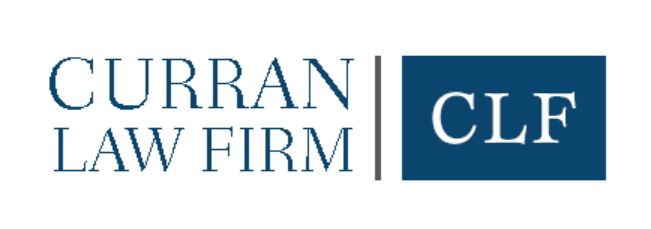The United States Department of Health and Human Services has called the opioid epidemic one of the most pressing public health issues in the United States. To help counter that epidemic, the federal government is issuing $94 million in healthcare grants to 271 health centers throughout the country to assist those centers provide treatment to those addicted to drugs. One of those grants is $406,000 to the Jordan Valley Community Health Center here in Springfield, Missouri.
Though there is a common perception that drug addiction is a problem faced only by those taking drugs to get high, the fact is that drug addiction very frequently is the result of long-term legal use of prescribed medications given to counteract pain. The stereotype most of us have in our minds when they think of a drug addict is far from the statistical reality of what a drug addict actually looks like. For instance, it is common for people with back injuries to be given prescriptions for narcotics and continue taking them on a long-term basis. Many times the patient becomes addicted to those painkillers without even realizing it. By the time they realize that they have a problem, they’re already addicted.
One example of a drug addict who is completely different from our perceptions is Rush Limbaugh. He became addicted to prescription medications, all while continuing to work at his high profile radio show with no one suspecting that he was addicted to drugs. Another is Betty Ford, the former First Lady, whose dependence on drugs and alcohol led her to establish the Betty Ford Center in 1982.
Addiction to narcotics is very difficult to break and often leads to drug overdoses. Because of the epidemic over use of opioids, it is become a high-profile issue frequently discussed by the 2016 presidential candidates. The television news show “60 Minutes” has profiled the growing use of opioid addiction an overdose in the United States in a piece entitled “Heroin in the Heartland” which can be read and viewed here.
The eye-opening aspect of the piece is how mainstream and average these drug users are. The parents of many of these high school students never even considered the possibility that their children were addicted to drugs until the problem had escalated to dangerous levels. It also included group interviews with parents of victims of drug overdose, who stressed how they thought they were immune because their children didn’t come anywhere near the caricature of a drug addict that we all have in the back of our minds.
We applaud the growing knowledge meant that opioid abuse is a problem which we as a society must recognize and treat, and these grants, including the grant to the Jordan Valley Community Health Center here in Springfield, are a very good step in that direction.
These grants will be used to focus on three main areas to help the opioid crisis. Those areas are:
- Providing training and educational resources, including updated prescriber guidelines, to assist health professionals in making informed prescribing decisions and address the over-prescribing of opioids.
- Increasing use of naloxone, as well as continuing to support the development and distribution of the life-saving drug, to help reduce the number of deaths associated with prescription opioid and heroin overdose.
- Expanding the use of Medication-Assisted Treatment, a comprehensive way to address the needs of individuals that combines the use of medication with counseling and behavioral therapies to treat substance use disorders.




